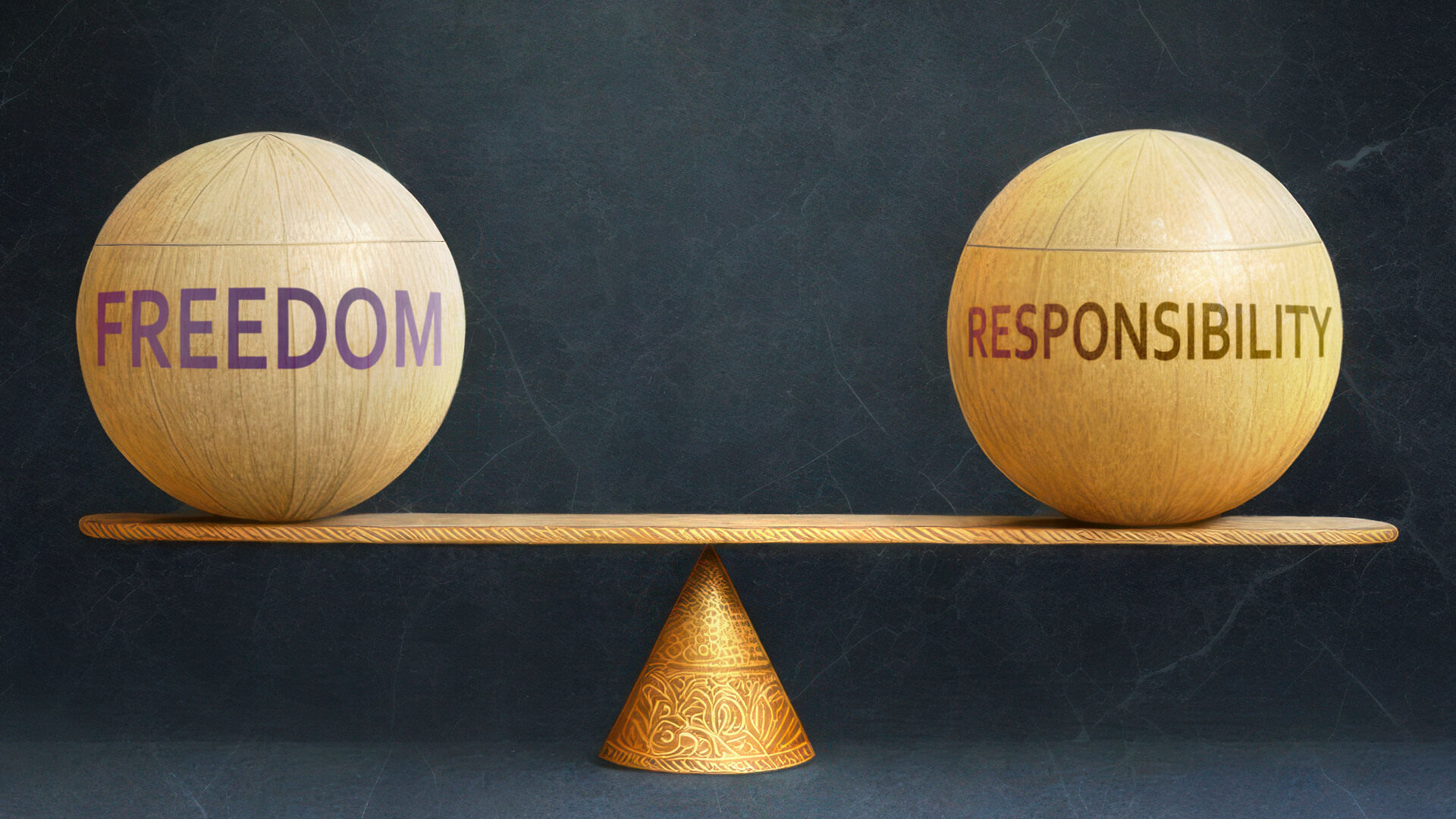Tag: adam smith


Does the Freedom of Your Nation Set You Free?
May 28, 2024 | Post
In fact, the Italian embassy’s denial of Bangladeshi chess players’ visas for a recent tournament reveals how national “freedom” can actually restrict personal freedoms.

Dr. Tom G. Palmer on responsibility and freedom
December 12, 2023 | Post
Responsibility: For some the word conjures up images of old people lecturing young people about sitting up straight, doing their homework, and writing thank-you notes to elderly aunts.
Unsurprisingly, we’re expected to think it’s boring, tedious, a diversion from our enjoyment of our freedom. The goal of freedom, the images suggest, is to escape responsibilities.
In fact, embracing responsibility is neither boring, nor tedious, nor a diversion from freedom.

The origins of libertarianism
August 3, 2023 | Post
Within the world of political spectrums, one ideology stands out for its axioms, principles, and ethics: libertarianism. It is a political philosophy based on the idea that the individual is the sole owner of oneself and therefore has the right to exercise their freedom without external interference, as long as it does not harm the freedom of others.

Five books to understand classical liberalism
July 6, 2023 | Post
Ready to dive into the captivating world of classical liberal literature but not sure where to start? We’ve got you covered! Whether you’re new to the world of classical liberalism or seeking to expand your knowledge, these five books are key to unlocking a deeper appreciation of its core tenets.

Car crashes and hockey fights — how safety mandates can make life more dangerous
January 16, 2017 | Post
Suppose you want to reduce deaths in automobile accidents. Should you make cars safer? Seems like a no-brainer, right? But consider: suppose instead of an airbag in your steering column, we put a six-inch dagger.

The robber barons weren't robbers. Here's why.
January 5, 2017 | Post
Among the great misconceptions of the free economy is the widely-held belief that “laissez faire” embodies a natural tendency toward monopoly concentration.

Why Isn't There Chaos When Traffic Lights Malfunction?
September 5, 2016 | Post
Unplanned order spontaneously emerges when government micromanaging is eliminated.

Venezuela, Socialism, and The Unlearned Lessons of Political Economy
June 15, 2016 | Post
The news from Venezuela just keeps getting worse: runaway inflation, rolling electricity blackouts, shortages of even the most basic goods, people dying in hospitals waiting for care that just doesn’t ever arrive. The world looks on, appalled at the spreading miseries, and asks: “Why is this happening?” And, “What can be done about it?” These […]

Did you know that Adam Smith coined the term the “Invisible Hand”?
January 28, 2016 | Post
The term “invisible hand” is a metaphor coined by Adam Smith to describe unintended social benefits resulting from individual actions. The term first appeared in Smith’s Theory of Moral Sentiments, written in 1759. You can read the Theory of Moral Sentiments online here, or check out Learn Liberty’s video on the topic below:

